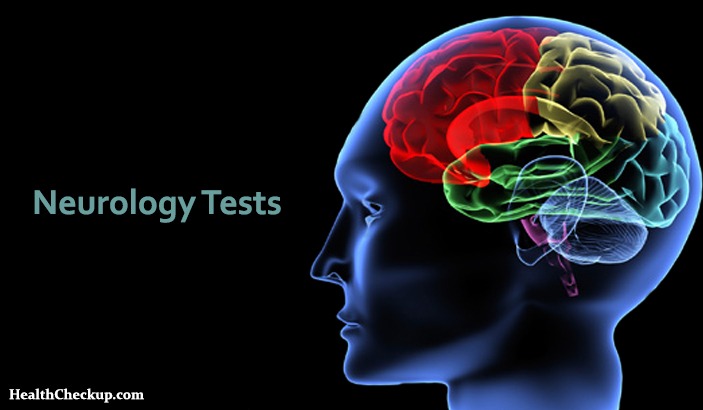The health of the brain and the spinal cord ensures physical wellness and proper functioning of other organs in the body. A damaging injury to or disease of the brain or the spinal cord can affect our memory, eyesight, hearing ability, sensitivity, speech, mental balance, mood, and other abilities. That is why a periodical screening of the brain and the spinal cord is often recommended. All neurological disorders of the body are connected with these two vital organs: brain and spinal cord. There are several clinical tests for proper diagnosis of neurological disorders. The following are advanced and reliable diagnostic tests for neurological disorders.
Mammogram:
Mammogram is done to detect signs and symptoms of breast cancer in women. Digital mammograms are advanced techniques to check minute details of breast cancer. Doctors recommend digital mammogram to the women below fifty years in age and with heavy breasts. Mammogram successfully detects small tumors that respond to early treatment. If you are 40, you should undergo this test once in every five years. If there is a family history of breast cancer, you stand a risk.
Brain Scans:
One of the most common diagnostic tests for neurological disorders, brain scan is an imaging technique. It helps to detect tumor or hemorrhage in the brain. It is also used to check if any blood vessel has been malformed. Magnetic resonance imaging and computed tomography are two bran scan types.
Cerebrospinal Fluid Analysis:
It is done to detect bleeding or any sort of infection in the brain or the spinal cord. It is also recommended to identify cases of multiple sclerosis and measure intensity of intracranial pressure. In this test, a little amount of the fluid is removed from the brain or the spinal cord for diagnostic testing.
Electrocardiograph (ECG):
Among the diagnostic tests for neurological disorders, electrocardiograph is part of master health checkup or comprehensive health checkup plans. It is done to check the heart health on the basis of electrical signals from the heart. It helps physicians to know if the heart is stressed or normal.
Electroencephalography (EEG):
One of the clinical tests for advanced diagnosis of neurological disorders; electroencephalography checks the cerebral health and monitors brain activity through the skull. It helps to detect if the brain or the spinal cord is damaged or inflamed. It is done to diagnose seizure disorder or tumors or any degenerative disorder that affects the brain health. Electroencephalography is also used to confirm brain death and evaluate severity of sleep disorder.
Electromyography (EMG):
This neurological diagnosis is conducted to identify dysfunctional nerves and muscles in the brain and the spinal cord. The electrical activity of the brain or the spinal cord is recorded up to a peripheral nerve root that controls contraction of muscles.
Magnetic Resonance Imaging (MRI):
It is an advanced test for effective diagnosis of neurological disorders. It produces distinct images of organs, tissues, muscles, bones and nerves using computer generated radio waves. It helps to detect infection, inflammation, sclerosis, vascular irregularities and degenerative disorders of the brain and the spinal cord through a powerful magnetic field. MRI is also effective in detecting injuries to the brain or the spinal cord from any trauma.
Ultrasound Imaging:
It is a common diagnostic test these days. It pictures the inside of the body from outside using high frequency sound waves. Ultrasound imaging of the brain and the spinal cord is known as Neurosonography. It helps to diagnose brain tumors, vascular disorders and stroke through analysis of blood flow to the brain. It is also used to check if any part of the brain or the spinal cord is under inflammation.
Transesophageal Echocardiography (TEE):
Among the diagnostic tests for neurological disorders, it is an advanced technique of imaging the heart from inside to detect any abnormality or infection or inflammation in the nerves connected with the heart.
Computed Tomography (CT scan):
It is a noninvasive diagnostic test used for two dimensional imaging of bones, organs, and nerves inside the body. Neurological CT scan is a health checkup for the brain and the spinal cord. Tumors, cysts and blood clot in the brain or the spinal cord are detected through neurological city scan. It also helps to diagnose damage to the brain and the spinal cord from any internal or external injury.
Echocardiogram, Electronystagmography (ENG) and Angiography are some other clinical screening tests to diagnose the brain and the spinal cord for neurological disorders.
Medically Reviewed By








